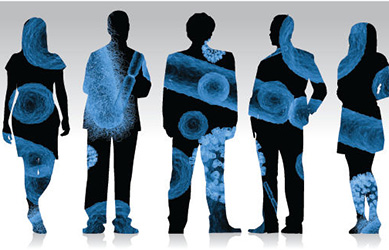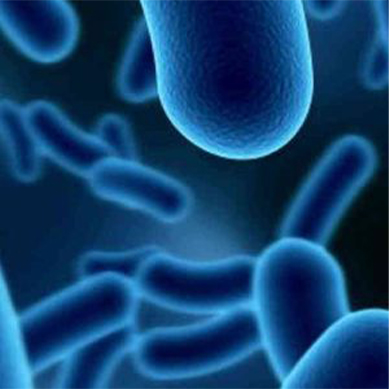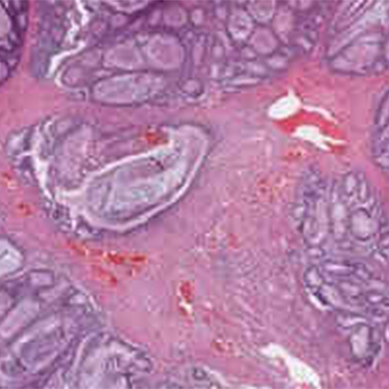Workshop – Unlocking Potential: Academia-Industry Partnerships in the Microbiome Space (In-person)
This is an in-person (face-to-face) workshop, register now to join for FREE
Location:
Singapore
Date:
6 th May 2024 to 6 th May 2024
Field:
Life Science
Subject:
Microbiome







